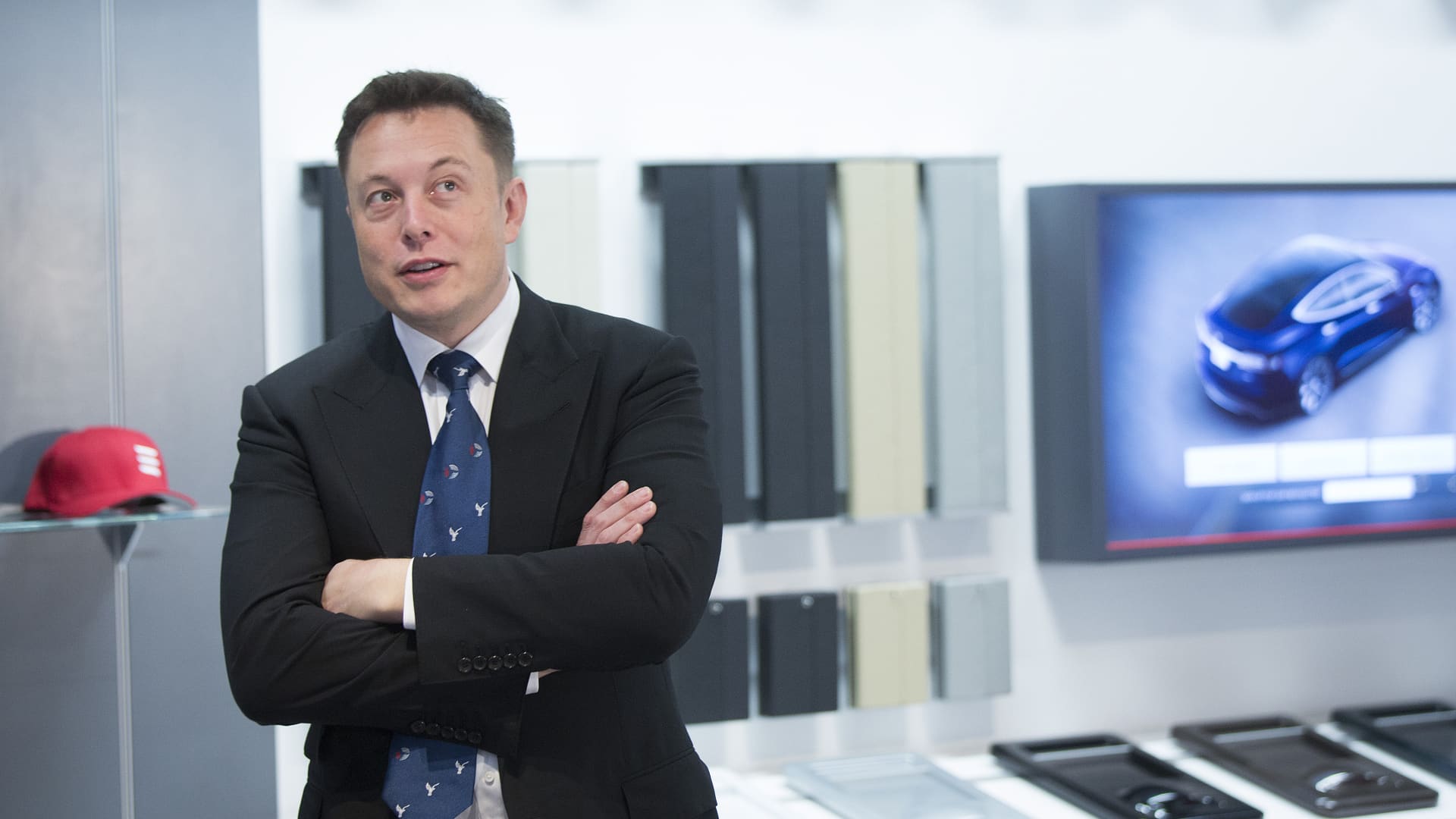Elon Musk, the prominent billionaire and CEO of Tesla and SpaceX, has quickly put to rest rumors that he might consider acquiring the popular short-video app TikTok. Speaking at a virtual industry summit, Musk explicitly stated he is not a potential bidder for the platform.
TikTok, known for its massive global reach and popularity, has been at the center of political and corporate speculation over the last few years. In the United States, concerns about the app’s ties to its Beijing-based parent company ByteDance have raised issues about user data security and potential surveillance. These matters have led to multiple legislative movements and a recent divestment ultimatum requiring TikTok to either sell its U.S. operations or face a potential ban.
As discussions about TikTok’s future heat up, Musk’s name was recently floated as a possible suitor for the platform — a notion fueled by his ownership of other technology ventures, including the social media platform X (formerly known as Twitter). However, Musk chose to be blunt and unequivocal. In his statement during the virtual summit, he said, “I have not put in a bid for TikTok, and I don’t have any plans for what I would do if I had TikTok.”
This clear admission nullifies weeks of growing speculation about whether the tech mogul’s far-reaching portfolio of companies might one day include TikTok. It is not the first time Musk has found his name linked to speculative purchases, but his clear words leave little room for conjecture in this case.
TikTok’s position in the U.S. remains precarious due to nationally voiced security concerns. The app is heavily favored by young audiences and has been hailed for its innovative algorithm, which curates a steady stream of highly engaging content personalized for the user. With over a billion active users globally, TikTok is an indelible force in modern social media culture.
Still, its association with ByteDance has consistently raised red flags in Washington. Lawmakers argue that TikTok’s data collection practices create an avenue for the Chinese government to access the private information of American citizens. Although TikTok has repeatedly denied these allegations and stated that it operates independently, calls for more rigorous oversight have not subsided. In response to this pressure, the Biden administration recently issued a demand that TikTok must sell its U.S. subsidiary or risk being banned outright.
Against this backdrop, numerous names from the technology and investment world have emerged as potential buyers for TikTok’s U.S. business. However, Musk’s dismissal of the idea demonstrates that not all corporate giants are planning to wade into this complicated terrain.
Adding to this complexity, TikTok has faced similar scrutiny in other parts of the world. Nations such as India have already implemented a nationwide ban, while other Western countries continue to deliberate over regulatory actions against the app. For Musk, whose current ventures already face significant technological regulatory challenges of their own, TikTok seems to be one matter he is glad to leave to others.
Further stirring the pot of speculation are the hurdles any buyer would face in acquiring TikTok. A purchase would need to address both technical and political considerations. While TikTok has implemented localized data storage for U.S. users and opened new transparency initiatives, such actions have not been enough to assuage skepticism fully. Acquiring a platform of its scale and complexities would require navigating a labyrinth of legal, economic, and diplomatic factors — a task not all business leaders are eager to undertake.
Musk’s businesses and recent acquisition strategies seem to be in a different league altogether. His purchase of X (then Twitter) highlighted his willingness to revitalize platforms he considered to have stagnated creatively or operationally. On the other hand, TikTok does not fall into the same category. The platform is profitable, enjoys immense popularity, and lacks underlying troubles of inefficiency or mismanagement. Perhaps this is why Musk seems disinclined to pursue it, preferring instead to focus on innovating within his existing projects.
Additionally, acquiring TikTok would pose integration challenges for its new owner. A major strength of the platform is its algorithmic recommendation system, a cutting-edge innovation that has yet to be matched by competitors. Any disruption caused by a change in ownership or management could risk alienating users, a gamble that tech entrepreneurs might not be willing to take.
Observers have pointed out that, while Musk’s denial puts to rest rumors regarding his involvement, it does illustrate the complex state of TikTok in the U.S. social and political narrative. As lawmakers continue to seek ways to balance national security with freedom of expression, TikTok’s ownership remains in the limelight.
Precisely who might emerge as a buyer for the platform remains unclear, but industry experts suggest that private equity firms or tech conglomerates with fewer regulatory constraints might be better equipped to take on such a venture. For now, though, Elon Musk will not be a part of this particular chapter in TikTok’s story.
As speculation persists about TikTok’s future, Musk’s forthrightness on this matter demonstrates that not every tech mogul sees the platform as a fitting addition to their portfolio. His focus remains on advancing global innovation in sectors like renewable energy, transportation, and artificial intelligence—seemingly fields that align more closely with his ambitions and business strategy.



